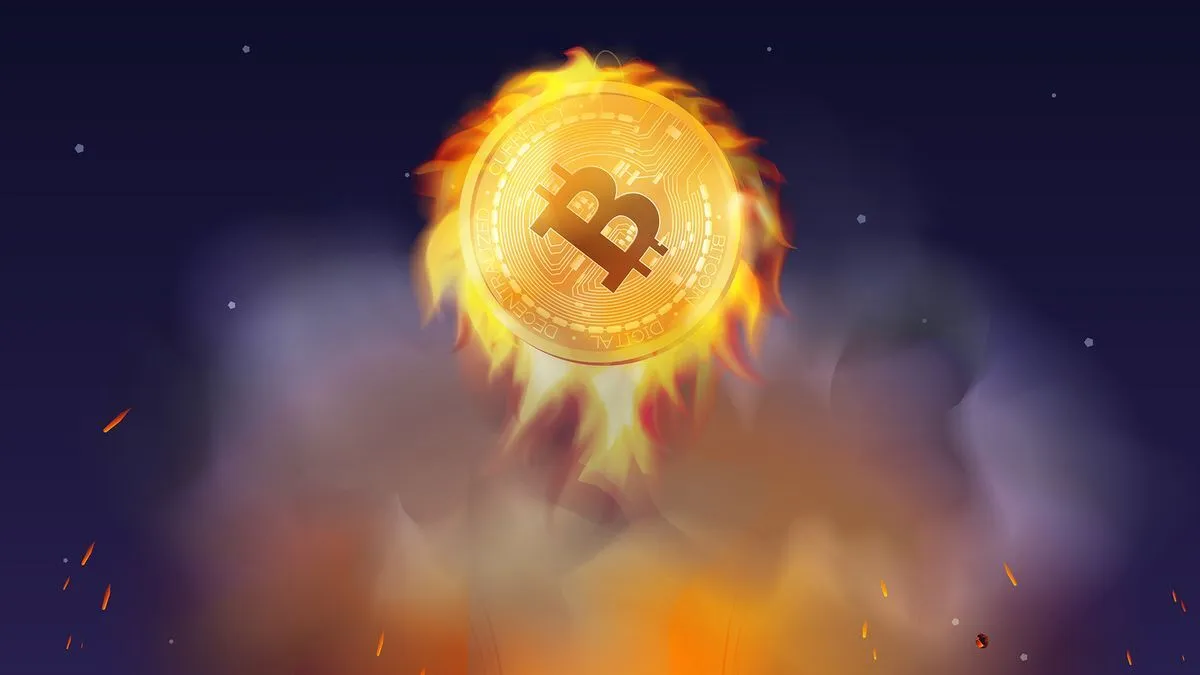Each Bitcoin transaction uses 4,200 gallons of water — enough to fill a swimming pool — and could potentially cause freshwater shortages
Each Bitcoin transaction uses 4,200 gallons of water — enough to fill a swimming pool — and could potentially cause freshwater shortages

Each Bitcoin transaction uses 4,200 gallons of water — enough to fill a swimming pool — and could potentially cause freshwater shortages

